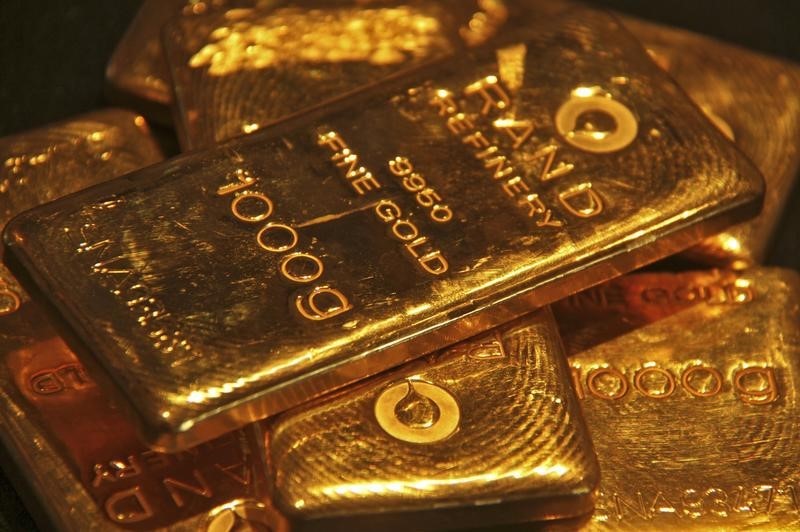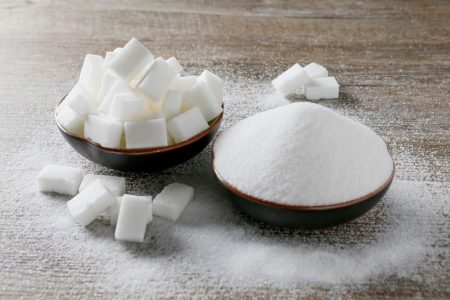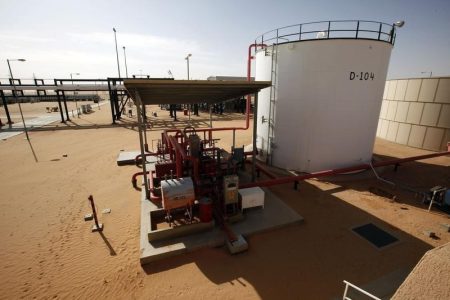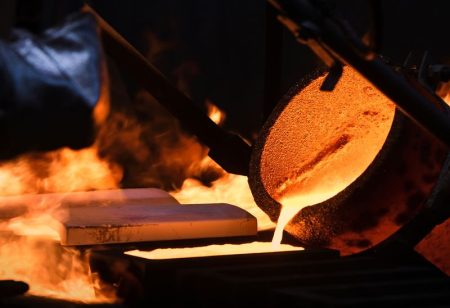Investing.com — Gold prices rose in Asian trade on Thursday, hitting an over two-month high as weak UK inflation data fed more bets that global interest rates were close to peaking, while some weakness in the dollar also helped.
The yellow metal was now about $15 away from the coveted $2,000 an ounce level.
data missed estimates on Wednesday, spurring bets that the Bank of England was close to ending its rate hike cycle. The reading followed similar declines in seen last week, which ramped up bets that the Federal Reserve was also close to hitting peak interest rates for the year.
rose 0.4% to $1,984.68 an ounce, while rose 0.4% to $1,987.25 an ounce by 00:28 ET (04:28 GMT).
Fed hike due next week, focus on pause signals
Metal markets were largely focused on an , with the central bank widely expected to raise rates by 25 basis points.
But markets are closely watching for any signals on future rate hikes, after softer-than-expected U.S. inflation readings ramped up hopes that the Fed will announce a pause in its current rate hike cycle.
Expectations for a pause had battered the in recent weeks, while benefiting metal markets, particularly gold, as the outlook for interest rates weakened.
Rising interest rates push up the opportunity cost of holding non-yielding assets, which decreases the appeal of gold as an investment vehicle. But stabler rates may spur more flows into the yellow metal.
Increased safe haven demand, amid worsening global economic conditions, may also push flows into gold in the coming months.
Copper recovers, China stimulus in focus
Copper prices rose on Thursday as weakness in the dollar helped the red metal stem four straight days of losses.
rose 0.5% to $3.8332 a pound.
While weak economic readings from world no.1 copper importer China drove steep losses in the red metal this week, markets were now awaiting more stimulus measures in the country to push up growth.
Chinese officials vowed to unlock more supportive policies in the coming months, after data showed earlier this week that the economy barely grew in the second quarter.
Read the full article here















